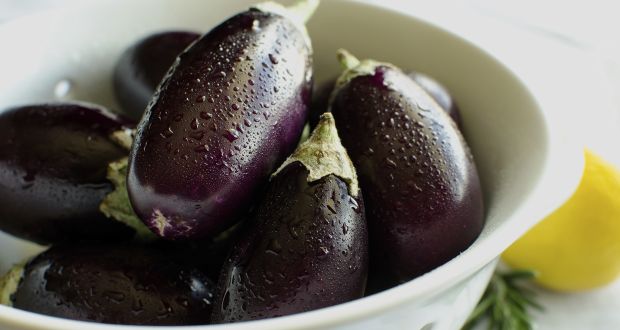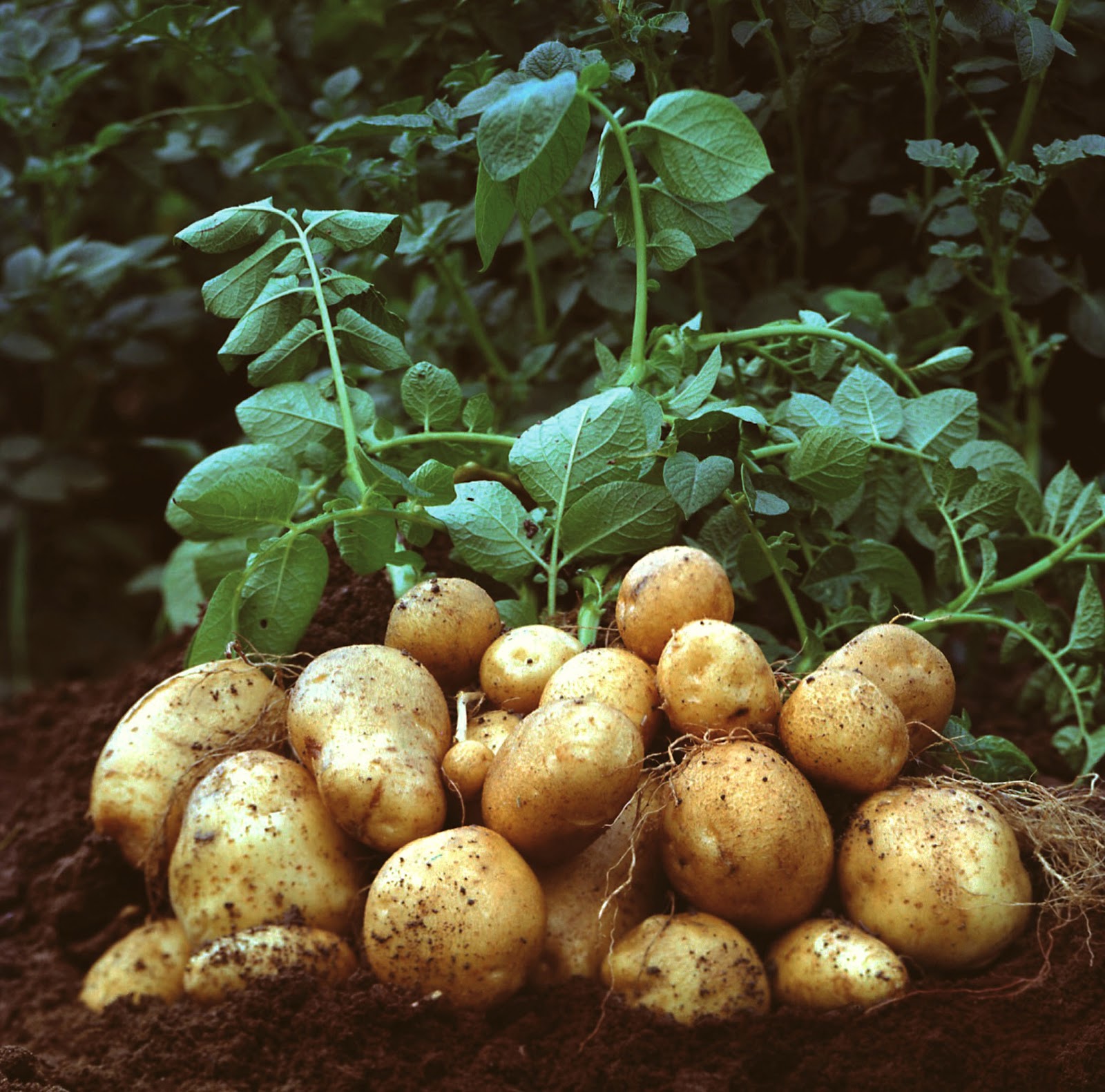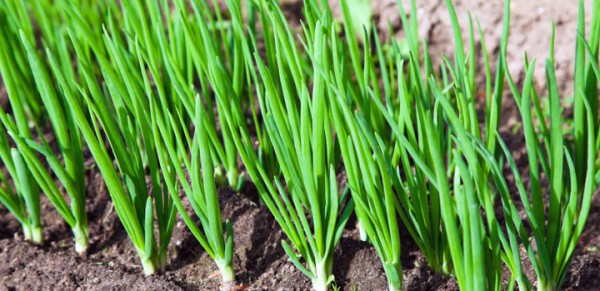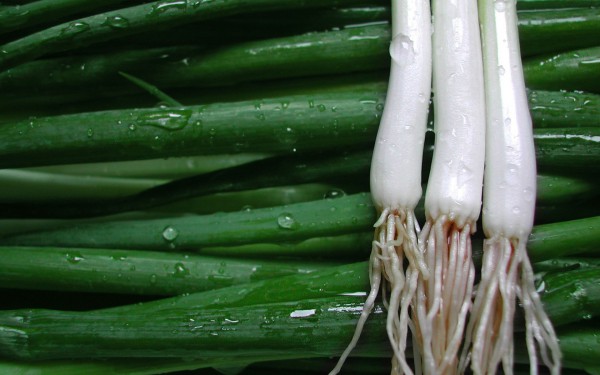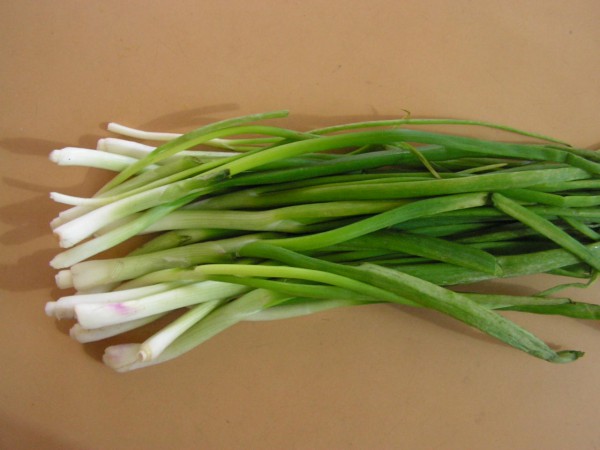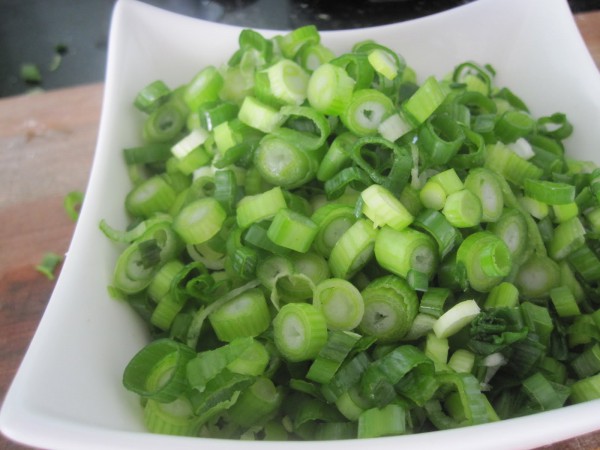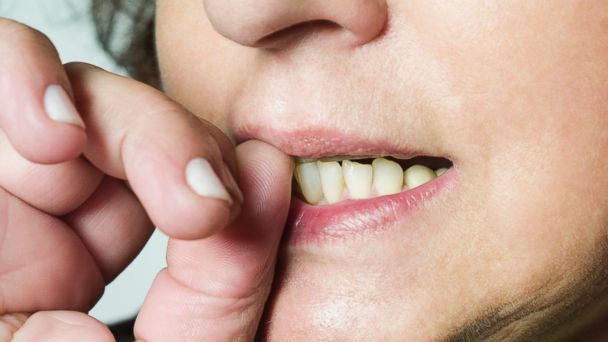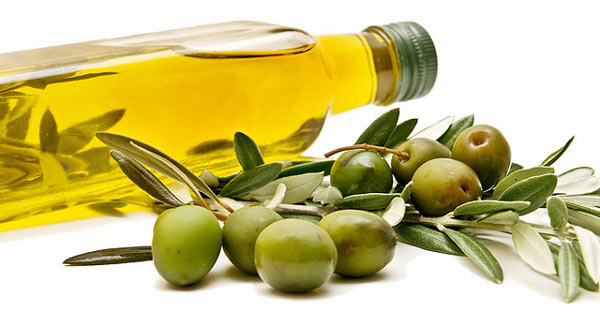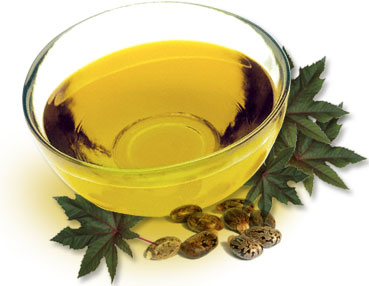
As a child, I remember my granny recommending castor oil for almost any problem. For her, it was the best home remedy for a host of ailments. Even today, the very mention of castor oil summons the numerous natural health benefits it provides. But before we delve into details, here is a quick brief about its origin.
Castor oil is extracted by pressing the seeds of castor plant, also known as Ricinus communis. It is a vegetable oil and the plant is largely native to Africa and India. The oil has been famous in the world over for centuries for its anti-inflammatory and anti-bacterial properties. The medicinal and therapeutic benefits of the oil make it a favourite across various industries.
Nutritional Value of Castor Oil:
The high concentration of unsaturated fatty acids, vitamin E, proteins and minerals found in castor oil, together make it highly beneficial.
The uses of castor oil are many for skin, hair and health. It also happens to be one of the most widely-used ingredients in various cosmetics, soaps, textiles, massage oils and even medicines.
Benefits of Castor Oil in Our Daily Life:
Castor oil is one of the few natural products that fight several ailments. Here are the 15 amazing uses and benefits of castor oil in our daily lives.
Castor Oil Benefits for Skin:
1. Skin Problems:
Castor oil is a boon when it comes to skin problems like sunburn, acne, dry skin and stretch marks. It also helps evade infections like warts, boils, athlete’s foot and chronic itching. To treat problems like sun burn, warts, yeast infections, fungal infections or acne, follow these simple steps:
Take a cotton wool ball
Dip it in castor oil
Apply directly to the affected skin area.
Leave it on for an hour
Wash off clearly after an hour.
Repeat this in the morning and night for faster results.
If the affected area is small – soak a band-aid in castor oil and apply it on the affected area. Finally cover it with a clean one.
If the affected area is large – soak a cloth in castor oil and place on the affected area for an hour before washing off.
2. Ring worms:
Castor oil effectively treats ring worms, a common and stubborn skin problem across all age groups. The active compound called undecylenic acid, found in castor oil, helps treat ringworms successfully. Here is a step-by-step guide to its use.
- Dilute 2 teaspoons of castor oil in 4 teaspoons of coconut oil.
- Alternatively, you can wash castor leaves in water and soak them in coconut oil for few hours, and then heat gently.
- Apply over the affected area and cover with a cotton cloth.
- Keep it overnight for best results.
- Repeat this procedure until cured completely.
3. Wrinkles and Fine Lines:
Castor oil, when applied to the skin, penetrates deep and stimulates the production of collagen and elastin. This in turn helps soften and hydrate our skin. It delays the appearance of wrinkles and fine lines, making the skin smoother, softer and younger. The fine lines around the eye area can be treated with its application. For best results, apply it everyday, after washing your face, over wrinkles and fine lines. You may also apply castor oil for skin before bed daily.
4. Acne:
Castor oil is rich in Ricinoleic acid, which fights off the acne-causing bacteria. It effectively penetrates the skin layers, making it an excellent remedy for acne. To use castor oil for skin:
- Wash your face with warm water, as this will help open your pores.
- Simply massage your face in a circular motion with the oil.
- Keep it overnight.
- Wash off your face the next morning with cold water.
5. Moisturiser:
Castor oil is a wonderful moisturiser. The high concentrated fatty acids penetrate the skin easily. This helps remove dry patches and restores hydration of the skin. Only a little amount of castor oil is required for this purpose. The fatty acids in castor oil make it stand out amongst other vegetable oils. Castor oil finds uses in various industries but it is prized in skincare segment for its ability to quickly moisturise. So if you are looking for an inexpensive and natural skin moisturiser, you know what to reach out for!
Here’s a quick tip:
Apply a few drops on face.
Massage it well on your skin every night.
Just follow the above steps to wake up to smooth, supple and revitalized skin every morning.
6. Fade Scars:
Castor oil is often used for fading scars. Though it works slowly in this regard (needs to be used regularly to see prominent results), it can produce permanent solution naturally. Once again, the fatty acids come to rescue. They penetrate deep within the scar tissue and plump it out while encouraging the growth of healthy tissues around it. It helps the scar diminish slowly.
7. Stretch Marks:
Castor oil is perfect for treating stretch marks. Here are the directions to use:
Rub castor oil over the stretch marks on your stomach and thighs (caused due to pregnancy and/or excessive weight gain).
Apply it regularly to get the best results.
Castor oil is also used to induce labour.
8. Antimicrobial:
Castor oil works as an excellent disinfectant on open wounds. The antimicrobial properties make it effective for treating fungal skin infections, such as ringworm, minor cuts and scratches as well. It can be used as a first aid treatment because of its anti-itch and pain-relieving properties. These properties help heal and ease symptoms of minor skin infections.
Castor Oil Benefits for Hair:
9. Promotes Hair Growth:
Castor oil is the best remedy for promoting hair growth. It is often advised to apply it topically to the scalp for thick hair. You may mix it with coconut or almond oil. The oil boosts blood circulation to the follicles, leading to faster hair growth. The oil also has omega-6 essential fatty acids, responsible for healthy hair. For best results, apply the oil and leave it overnight after covering it with a cap for deep penetration. Wash it off thoroughly the next day. It also helps reduce split ends and controls hair breakage while conditioning and moisturising your hair.
10. Thickens Eyebrows:
Use of castor oil promotes hair growth and hence helps thicken your eyebrows and eyelashes. It stimulates rapid growth of hair. The unusual chemical composition of the oil helps to keep your eyebrow and eyelash hairs from breaking. Here are the directions to use:
- Rub castor oil over your lashes and brows before bed.
- Repeat this procedure every night to get best results.
- An alternative way is to gently massage each eyebrow with castor oil for a couple of minutes
- Leave it on for half an hour.
- Use lukewarm water and a mild cleanser to wash it off.
- This too needs to be done daily to achieve desired results.
11. Treats Scalp Infection:
Scalp infection can cause major hair problems like bald patches and itchy scalp. With castor oil’s anti-fungal, anti-bacterial and anti-viral properties, you can fight pathogens and micro-organism, responsible for such problems. Regular use will make your scalp infection-free.
12. Hair Darkening:
Castor oil works well in hair darkening. The humectant properties of the oil, combined with its nutrients, help lock in the hair moisture. Thus helping it appear darker. To use:
- Take a pea-sized amount of castor oil
- Mix it with your leave-in hair conditioner or hair mousse.
- Each time you use it, apply evenly and distribute nicely over your hair.
Vitamin E found in castor oil is excellent for treating brittle nails and ragged cuticles. Massage a small amount of oil for 2-3 months and see the results for yourself.
Health Benefits of Castor Oil:
13. Constipation:
Castor oil is a powerful laxative useful for effectively treating constipation. For best results, have one teaspoon of pure cold pressed castor oil a day – for three consecutive days.
14. Arthritis and Joint Pains:
Castor oil is a great remedy for treating arthritis. Its anti-inflammatory properties make it an ideal massage oil for relieving joint pain, nerve inflammation and sore muscles. Here is a step-by-step guide for using it for joint pain.
- Take a piece of flannelette or a soft cotton fabric and fold it into squares.
- Soak it in castor oil.
- Press out excess oil and place on the affected joint, taking care to cover with a plastic wrap.
- Place a hot water bottle or heating pad on this – the plastic will save the bottle from getting oily.
- Leave it on for an hour.
- Keep the oil pad in a zip lock bag and store in the fridge – it can be used again.
- This process should be repeated twice a week for positive results.
15. The Lymphatic System and Liver:
Repeat the above-mentioned steps, but with a larger piece of cloth, to relieve and drain excess fluids from lymph and liver. Place the pack on the abdomen and cover with a plastic sheet and an old towel. Place a pillow under your knees and lay flat on your back for at least an hour to get relief and better result.
16. Treatment of Mild Surface Tumours:
Castor oil has been scientifically proven to increase T-cells production in human body. As a matter of fact, it was recommended by the American psychic, Edgar Cayce, for treating mild surface tumours.
Other Benefits Of Castor Oil:
Apart from the above-mentioned uses, castor oil can also be used to cure problems like
- Multiple Sclerosis
- Parkinson’s Disease
- Cerebral Palsy
- Pain from Rheumatism
- Gastrointestinal Problems
- Menstrual Disorders
- Migraines
- Age Spots
- Skin Abrasions
Inflammation
Castor oil has no side effects as such. However, if you want to use it internally, like to treat constipation, make sure you take the right dosage. It always better to consult your physician to avoid complications later. Make sure you read the instructions on the label before using it internally.
A Word of Caution:
As much as the castor oil helps in skin problems, it is highly recommended not to use too much castor oil on your face. This is because it is highly concentrated and too much of it can clog the pores, leading to skin irritation or breakouts. So don’t be too generous with its usage.
Advice:
Pregnant and lactating women, those with intestinal blockage or appendicitis should not consume castor oil. Kindly consult your doctor if you want to use this oil.
Hope you enjoyed reading this post on the benefits and uses of castor oil. Do leave your comments below and let us know how castor oil helped you.
Source: Style craze


